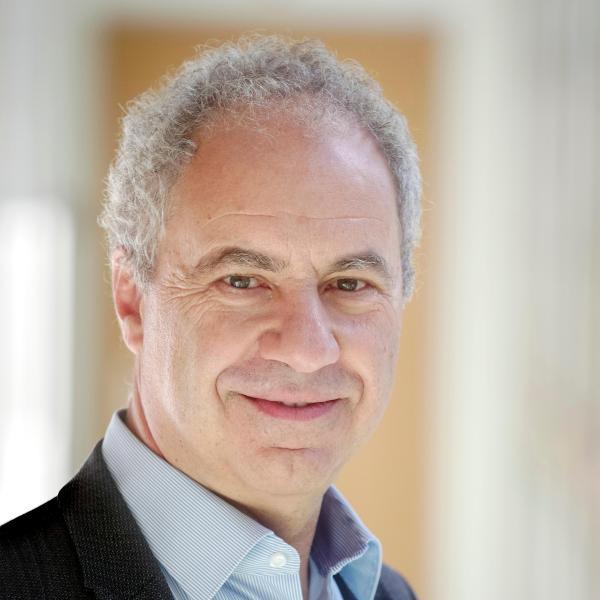Curzio Rüegg
Prof. Dr Med

Biografie
Curzio Rüegg studied Medicine at the University of Basel. He trained in immunology, internal medicine and cell and molecular biology in Zürich, Basel, Bellinzona, and San Francisco (UCSF). In 1993 he joined the Oncology Department at the University and University Hospital of Lausanne (UNIL/CHUV). In 1999 he was appointed assistant professor, and in 2003 associate professor at UNIL and affiliated Member at the Swiss Institute for Experimental Research on Cancer (ISREC). From 2001-2013 he was member of the “National Centre of Competence in Research (NCCR) in Molecular Oncology at ISREC. In 2006 he became the funding director of the Division of Experimental Oncology at CHUV/UNIL.
In 2009 he was appointed Professor of Pathology at the University of Fribourg and rotating department head. He is teaching pathology and experimental oncology at the bachelor, master and doctoral levels. In 2011 he initiated a doctoral program in cancer and immunology. From 2014 to 2020 he was co-director of the NCCR program in bio-inspired materials at the University of Fribourg.
He joined scientific committees at national and international institutions and organizations, including SFNS, SKL, CRUK, DFG, ESO, INSERM, SENDO, UICC. He organized numerous international scientific conferences in the field of cancer and angiogenesis. In 2022 he was elected individual member of the Senate of the Swiss Academy of Medical Sciences.
His research focuses on translational aspects of tumor microenvironment, metastasis and biomarkers in breast cancer. He published over 160 scientific articles and gave over 220 lectures worldwide. He co-founded two start-ups companies active in the field of cancer detection and monitoring (Diagnoplex and Novigenix) and conceived a blood test for the non-invasive detection of colorectal cancer (COLOX®) now on the market. He is currently working the next generation of blood-based detection tests based on multiomics approaches and bioinspired nanosensors to be developed in a new start-up company.
